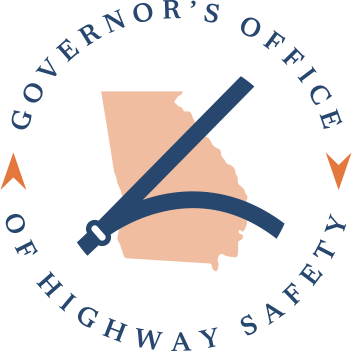According to Georgia law, all rideshare services must properly restrain front seat occupants 18 and older and each child regardless of seating position. Failure to do so may result in a fine and the record of court disposition being sent to Department of Driver Services, resulting in points assessed to the ride share driver’s license.
- What is considered a rideshare service under Georgia law?
“Ride share network service” means any person or entity that uses a digital network or internet network to connect passengers to ride share drivers for the purpose of prearranged transportation for hire or for donation. The term “ride share network service” shall not include any corporate sponsored vanpool provided that such corporate sponsored vanpool or exempt rideshare is not operated for the purpose of generating a profit.“Ride share driver” means an individual who uses his or her personal passenger car, as defined in paragraph (41) of Code Section 40-1-1, to provide transportation for passengers arranged through a ride share network service.Uber and Lyft are two examples of common rideshare services.
- Who is exempt from Georgia’s child restraint law?
Currently, the only passenger vehicles exempt from the child restraint law are taxi cabs and public transit vehicles. Transportation Network Companies (TNCs) or rideshare services DO NOT meet the definition of a taxi cab or public transit vehicle and are not exempt.Rideshare services must follow all child restraint laws.
- Who is exempt from Georgia’s seat belt law?
Currently, there are no passenger vehicles exempt from the seat belt law for front seat occupants 18 and older or minors eight years of age and older in any seating position. Passenger vehicles are defined as every motor vehicle designed to carry 15 passengers or fewer and used for the transportation of persons.
*CLICK HERE FOR A PDF OF THIS INFORMATION*

